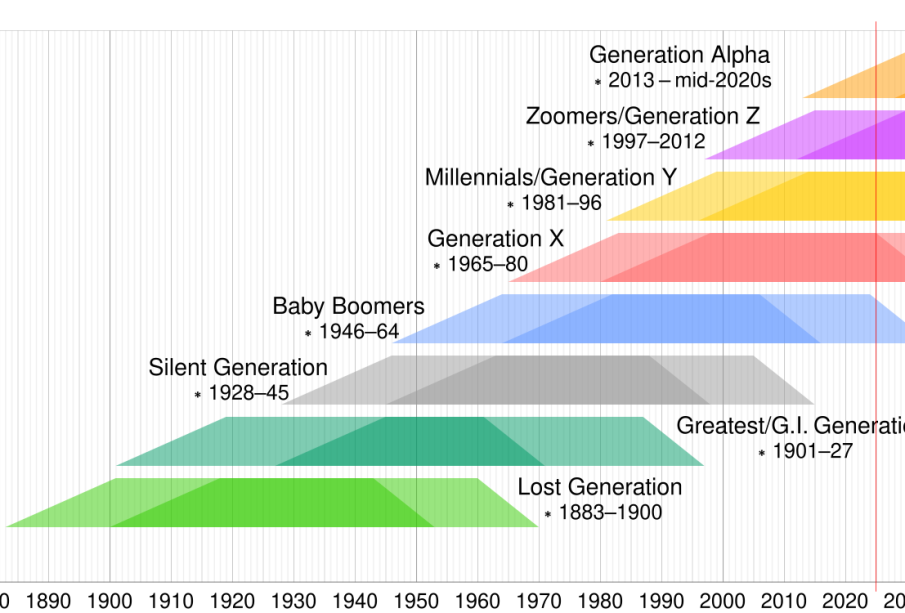The Impact and Characteristics of Generation X

Introduction
Generation X, often defined as individuals born between 1965 and 1980, represents a significant demographic cohort that has shaped various facets of modern society. As the first generation to grow up with personal computers and the internet, Gen Xers have a unique perspective on technology and culture. With their experiences marked by economic disruption, the advent of new technologies, and sociopolitical changes, understanding Generation X is essential for various sectors, including marketing, workforce dynamics, and societal trends.
Historical Context and Characteristics
Generation X emerged during a time of great transition in the world. Born into an era of declining traditional values, they experienced the fallout from events such as the Cold War, the rise of corporate culture, and the changes brought about by the digital revolution. This generation is often described as resourceful, independent, and adaptable, with a strong work ethic that has allowed them to navigate the challenges posed by both economic and technological shifts.
In terms of demographics, Gen X is a smaller cohort compared to Baby Boomers and Millennials, but their influence is significant. This generation is also notable for its diverse makeup, being more ethnically and racially varied than previous generations, and they continue to advocate for social justice and equality.
Current Challenges and Contributions
As of 2023, Generation X faces unique challenges, particularly regarding their economic stability and care for aging parents while raising their children. Many Gen Xers are navigating job insecurity and high living costs, often in industries disrupted by technology. However, they are also in a position where they can leverage their experiences and knowledge to mentor younger generations and influence workplace dynamics positively.
Furthermore, Generation X is increasingly recognised for their role in fostering innovation and entrepreneurship. They have historically been known as ‘the forgotten middle child’ of generations, but their contributions to culture, technology, and business are now being celebrated. From the rise of the gig economy to leadership in social movements, Gen X demonstrates resilience and creativity in adapting to changing landscapes.
Conclusion
As society continues to evolve, the relevance of Generation X cannot be overstated. Their adaptability and resourcefulness offer valuable lessons for both younger and older generations. Moving forward, businesses and policymakers must take into account the unique perspectives and challenges of Gen X to foster an inclusive and productive environment. Understanding this generation not only clarifies their contributions but also highlights the importance of learning from their experiences as we navigate the future together.









